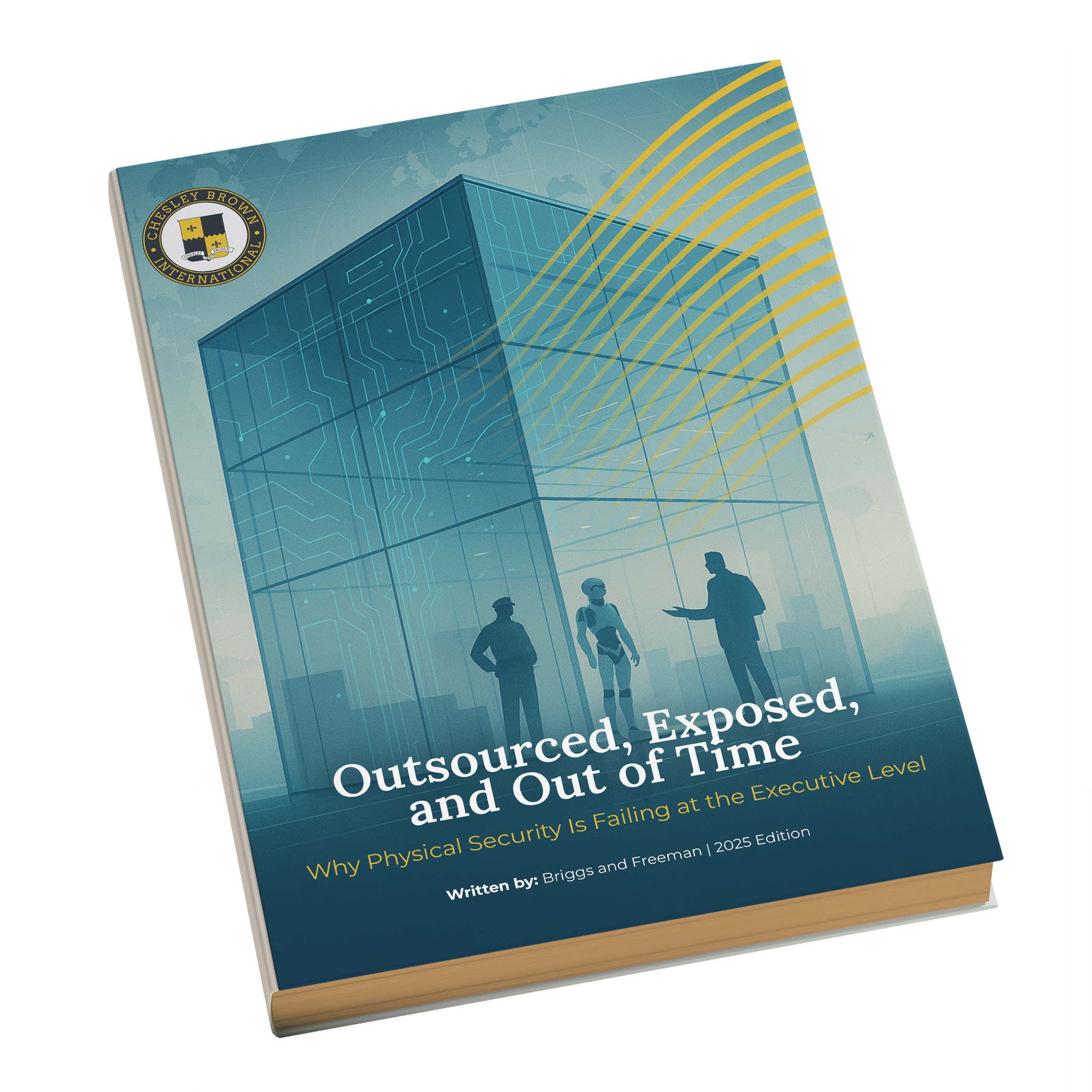Bomb Threats and Suspicious Packages
The recent bombing incidents in and around Austin, Texas serve as an unfortunate reminder that those responsible for all properties and facilities must remain vigilant and be prepared to respond to any bomb threat and/or suspicious package quickly and responsibly. Having a comprehensive risk mitigation plan in place can help save lives, and reduce the impact such a disaster might have on your business continuity. Actions taken during the first minutes of an emergency are critical. Your property needs to have a clearly defined, well-practiced emergency response plan, which includes clearly defined actions for employees and security personnel regarding the recognition of, response to, and reporting policy in the case of a suspicious person, action, or item and any bomb threats received.
When conducting a review of your policies and procedures, you must assess whether these policies and procedures (1) coincide with your organization’s current security goals and posture, (2) meet your facility’s perceived risk levels, and (3) meet best practice standards of the industry and like properties. You should also conduct your review in coordination with your security team, police, and/or local law enforcement officials, which will ensure a unified approach to incident management and facilitate collaborative protection efforts.
Elements of An Emergency Plan
• Life Safety
• Direction & Control
• Communication
• Recovery & Restoration
Every facility should develop and implement a crisis plan for protecting employees, visitors, contractors and anyone else within the property. If you don’t have a current or active response plan, the first action should be to conduct a risk assessment to identify potential vulnerabilities of your property. Developing an emergency plan begins with an understanding of what can happen so when an crisis occurs, you and your team are well prepared and can minimize potential damage.
10 Steps for Developing the Emergency Response Plan
- Establish standards, goals and/or objectives for your emergency response plan.
- Conduct a risk assessment to identify hazard and possible threat scenarios.
- Identify the availability and capabilities of resources for incident stabilization, including security staff, engineering team members, systems, and equipment available within your facility and from external sources.
- Engage public emergency services (e.g. fire, police and emergency medical services) to determine their response time to your facility, knowledge of your facility and its hazards, and their capabilities to stabilize an emergency at your facility.
- Determine if there are any city or state regulations pertaining to emergency planning.
- Identify your facility’s abilities and any restrictions regarding evacuation, shelter, shelter-in-place, or lockdown during an event.
- Develop clear, concise emergency procedures to address all identified threats.
- Coordinate emergency planning with public emergency services to stabilize incidents involving the hazards at your facility.
- Train personnel so they will be able to fulfill their roles and responsibilities.
- Practice your plan.
You may also feel free to contact us; we are more than happy to assist you in reviewing your facility’s emergency response plan, assist with developing a plan, or conduct response assessment to evaluate the effectiveness of your current plan during a test scenario or red-teaming exercise.
How Can We Help?
Contact us today to discuss how Chesley Brown can help navigate your organization navigate around ever-evolving threats, and mitigate your risk.
Sign up!
For industry-leading guides and analysis sign up for our blog below.
Latest News
Brand Protection: How Businesses Can Identify and Stop Intellectual Property Theft
Adam Shipley was furious. He spent years building up his company’s brand of elite fishing gear, and now someone was selling counterfeits — even using lookalike packaging — through a half-dozen online marketplaces. At half…
Dell Spry Promoted to Vice President Emeritus
Dell Spry is an attorney by education a investigator by passion. He has been in law enforcement for over 30 years. In that time he served in the FBI as a Supervisory Special Agent and…
Why your business may need an asset search
Written By: James Hart Linda Daly didn’t know exactly what was wrong, but something was off about her latest business deal. A month earlier, Daly – the owner of a midsize retail chain in the…
How to Secure Intellectual Property and Trade Secrets
Anything that has value is at risk of being stolen, and unfortunately, that includes your company’s ideas and information. After all, intellectual property generates tremendous value in today’s economy. In 2019, American industries that rely…
How to Respond to a Whistleblower’s Report
In theory, it should be a good thing when employees come forward with a whistleblower report. They’ve spotted a threat to your organization and are giving you the insight you need to address the problem…







